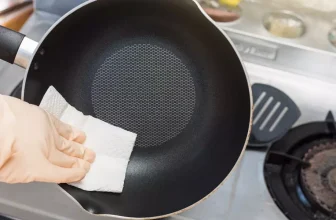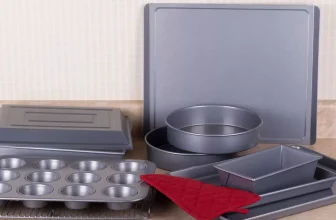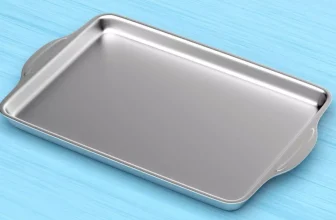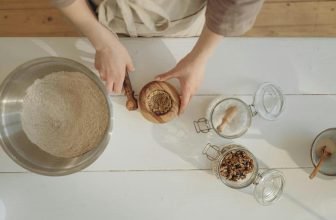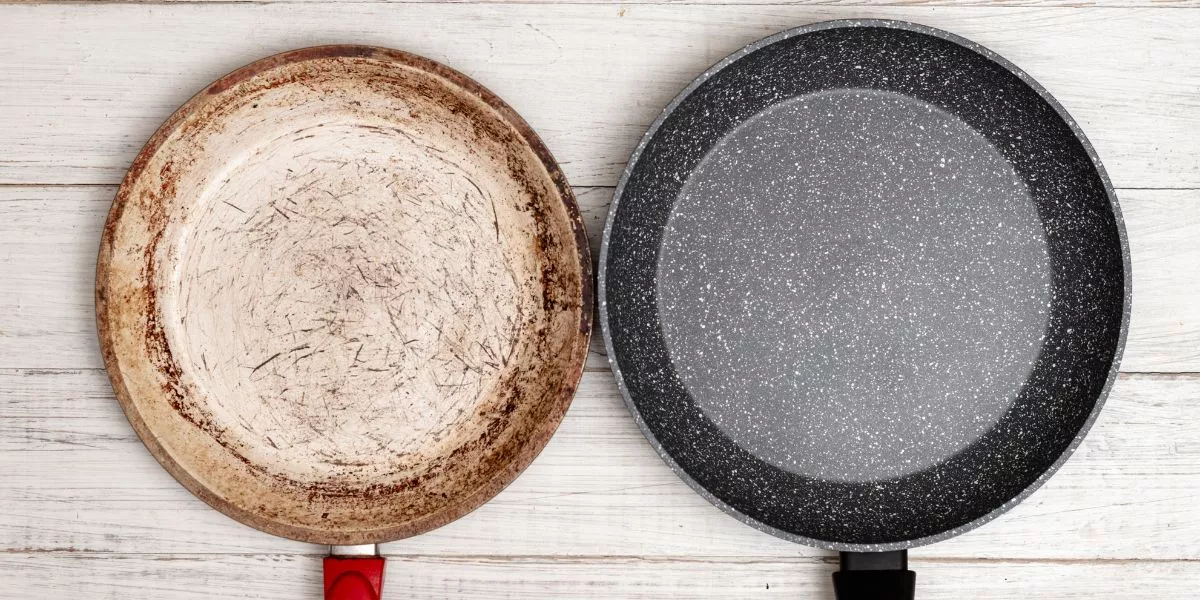
When it comes to selecting the best non-stick bakeware, you'll want to pay close attention to a few key factors that can make a significant difference in your baking results. From the type of coatings that suit your baking preferences to the shapes of the bakeware that can enhance your dishes, making informed choices can elevate your baking game. But there's one crucial aspect that often gets overlooked, and it can impact the longevity of your bakeware and the quality of your baked goods.
Factors to Consider Before Buying
Before purchasing non-stick bakeware, consider the types of recipes you frequently bake to ensure the bakeware meets your specific cooking needs. If you often bake delicate pastries or cakes that require precise temperature control, you may want to opt for non-stick bakeware that distributes heat evenly. On the other hand, if you frequently bake savory dishes like casseroles or lasagnas, a non-stick roasting pan or casserole dish might be more suitable for your needs.
Additionally, think about the size and shape of the bakeware that would work best for your cooking habits. If you usually bake in small batches, investing in a set of various-sized non-stick baking pans could be beneficial. Conversely, if you often cook for a large family or enjoy hosting dinner parties, a larger non-stick baking sheet or roasting pan might be more practical.
Types of Non-Stick Coatings
When selecting non-stick bakeware, it's crucial to understand the different types of coatings available to suit your cooking preferences and needs. The most common types of non-stick coatings include PTFE (polytetrafluoroethylene), ceramic, silicone, and anodized aluminum.
PTFE, commonly known by the brand name Teflon, is a highly effective non-stick coating that's durable and scratch-resistant. Ceramic coatings are derived from natural materials and are free of PTFE and PFOA (perfluorooctanoic acid), making them a healthier option. Silicone coatings provide excellent non-stick properties and are flexible and easy to clean. Anodized aluminum bakeware is treated with a special coating that makes it stick-resistant, durable, and less likely to corrode.
Each type of coating offers different benefits, so consider factors such as durability, ease of cleaning, and health concerns when choosing the best non-stick bakeware for your needs. Experimenting with different coatings can help you find the one that suits your cooking style and preferences best.
Choosing the Right Bakeware Shapes
Understanding the different shapes of bakeware available is key to selecting the right one for your baking needs. When choosing bakeware shapes, consider the type of baked goods you commonly make. For example, muffin pans are ideal for cupcakes and muffins, while rectangular pans are great for baking brownies or lasagnas. If you enjoy making cakes, round pans are a classic choice, and bundt pans add a decorative touch to your creations.
Cookie sheets with raised edges are versatile for baking cookies, roasting vegetables, or even making sheet cakes. For savory dishes like casseroles or pies, deep-dish pans or pie dishes are essential. Additionally, loaf pans are perfect for baking bread or meatloaf.
Maintenance and Care Tips
Properly caring for your bakeware ensures its longevity and optimal performance. To maintain the non-stick surface of your bakeware, it's essential to hand wash it with a mild detergent and a soft sponge. Avoid using abrasive cleaners or harsh scrubbers that can damage the non-stick coating. Additionally, refrain from stacking non-stick bakeware together, as this can lead to scratches and wear on the surface.
After washing, make sure to thoroughly dry your bakeware before storing it. Moisture trapped in between stacked pans can cause damage over time. To protect the non-stick coating, consider using parchment paper or silicone baking mats when using the bakeware for baking. This extra layer can prevent scratching and help prolong the non-stick properties.
When storing your bakeware, try to keep it in a dry place away from direct sunlight. Extreme temperatures or prolonged exposure to sunlight can negatively affect the non-stick coating. By following these maintenance and care tips, you can extend the life of your non-stick bakeware and continue to enjoy hassle-free baking experiences.

